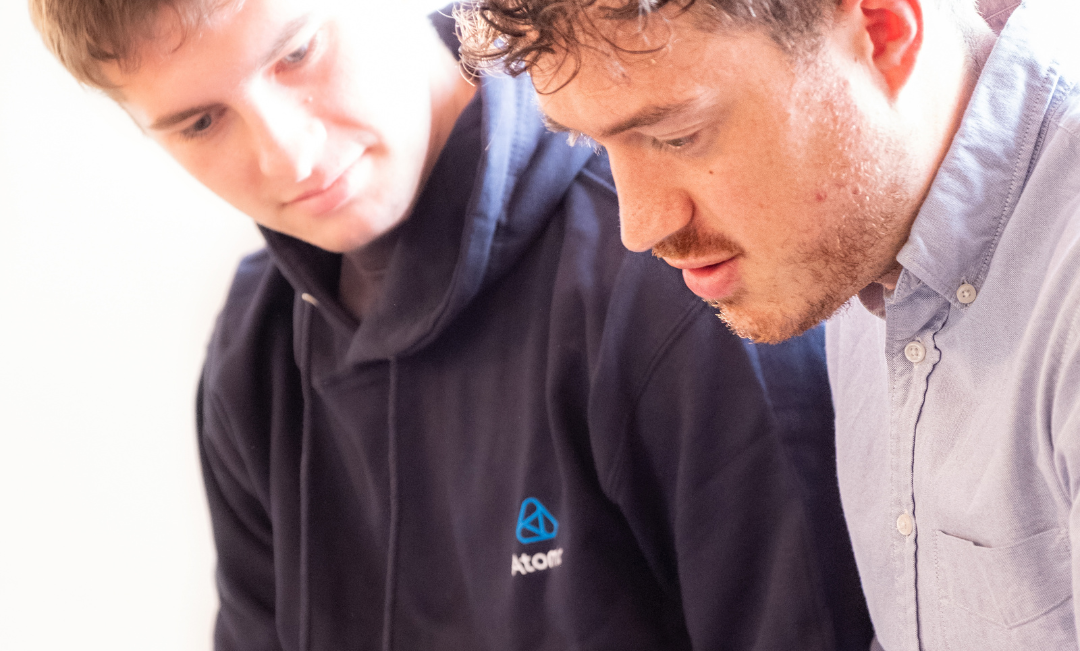Insights
How ‘Fail Fast’ could’ve saved the UK billions

I normally steer clear of talking about politics in my professional life. I respect the views of others but generally try to avoid divisive subjects such as those that have dominated the headlines over the past few years.
However I think one thing the vast majority of people can agree on however is that the government’s handling of the Track and Trace system left much to be desired. In particular I was personally saddened and angered by the vast sums of public money spent developing an app that was flawed from the start. As someone who has been developing mobile apps since the iPhone was first launched I had to sit back and watch in horror as the government poured vast sums of money into the development of a “world beating” app that most app developers with only 1 or 2 years experience could tell you was never going to work.
I accept that in a crisis it is important to move quickly. And I also know that there is often an element of experimentation involved in developing new software. However even in a crisis you need to have a plan and be acutely aware of the risks involved. Just because you are under time pressure doesn’t mean common sense and best practice should go out the window.
Most of our clients will have heard me talk about taking a “fail fast” approach when developing new innovations. The concept is simple: invest as little as possible as early as possible in order to work out if an idea is feasible or not. If it isn’t, then you’ve not lost very much. If it is, then you haven’t wasted any time and can carry on building. A lot of the time we find the reality is somewhere in the middle… the original concept was good but the plan required a slight change of direction in order to make it work.
We often hear about companies wasting millions embarking on complex software projects without doing any up front analysis and not knowing whether it will be a success or not until launch. This amounts to gambling in my opinion, and I much prefer to stack the cards in my favour and take calculated risks. When we work with clients we encourage the adoption of a fail fast approach which results in a much more efficient use of budget and resources.
The government is now looking at repurposing the NHS app as a “Covid passport” in order to open up the travel and hospitality sectors. I’m not going to go into whether or not I think this is a good idea or not – I have an opinion but I honestly don’t know and wouldn’t like to speculate. But what I do know is that while it should be relatively straightforward to implement from a technical perspective, there are a lot of other factors to consider that will make or break the project, such as:
- Will people want to use it?
- Will everyone be able to use it? Designing something to be used by all demographics including kids and the elderly is no mean feat.
- Will hospitality venues enforce it?
- How easy would it be to circumvent?
These are just a handful of issues that need to be explored and any one of them could result in the app being deemed a failure.
So my plea to the government is this: please spend taxpayer’s money responsibly and don’t fully commit to a project where the chance of success is unknown. Engage the services of a good User Experience specialist; do some user research; build a simple (and cheap) prototype; test it, iterate and repeat. And if at any stage it becomes clear the idea isn’t viable, then knock it on the head and have the confidence to look the public in the eye and say “we tried something, it didn’t work, but we didn’t spend much money on it”. Then put the money saved into something else that benefits everyone.







